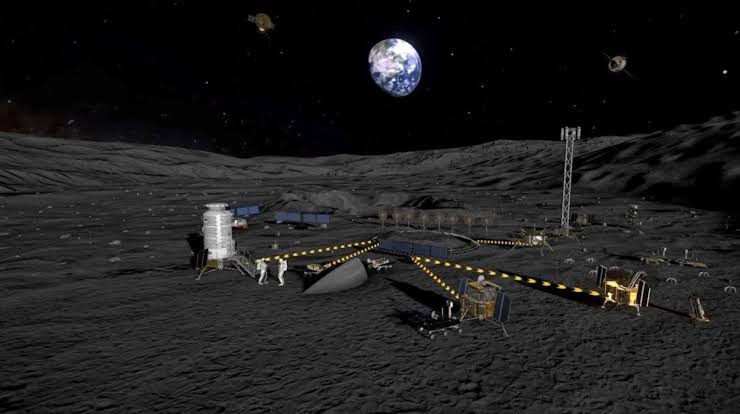Pakistan is gearing up to send its CubeSat satellite into space as part of China’s upcoming lunar mission, Chang’e 6, set to take place in the first week of May.
The satellite, dubbed ICUBE-Qamar (ICUBE-Q), is the result of a joint effort involving Pakistan’s Institute of Space Technology (IST), the Pakistan Space and Upper Atmosphere Research Commission (SUPARCO), the Asia Pacific Space Cooperation Organization (APSCO), and China’s Shanghai Jiao Tong University (SJTU).
The main goal of the Chang’e 6 mission is to gather samples from the far side of the Moon. Pakistan’s CubeSat will be one of several payloads onboard the mission, joining contributions from countries like France, the European Space Agency, and Italy.
This collaboration highlights Pakistan’s growing role in space exploration, moving beyond CubeSats to engage in more advanced initiatives. For example, Pakistan is conducting research on environmentally resilient seeds and is exploring potential agreements to participate in China’s Tiangong space station and lunar base located on the South Pole.
















